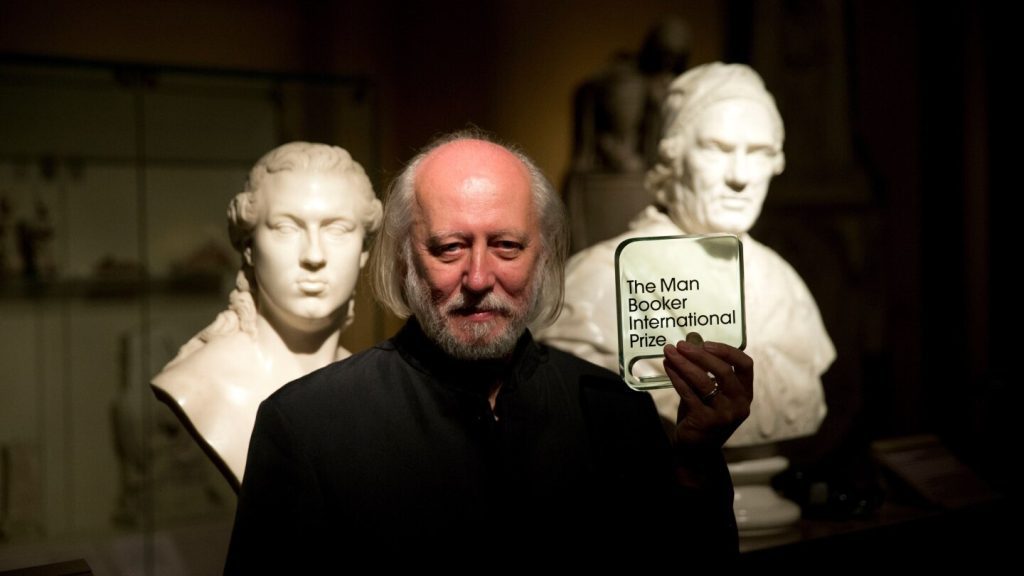The Work Behind the Prize
László Krasznahorkai, often referred to as a “master of the apocalypse,” has authored over 20 books that blend a grim perspective on existence with humor and innovative language. Some of his novels are notably written as single extended sentences.
Krasznahorkai’s Nobel Prize Win
On Thursday in Stockholm, Hungarian novelist László Krasznahorkai received the Nobel Prize in Literature for his surreal and chaotic narratives, which merge a pessimistic worldview with sharp humor. The Nobel committee praised his contributions for highlighting the significance of art amidst “apocalyptic terror.”
Literary Style and Impact
At 71 years old, Krasznahorkai is celebrated as a major epic writer, known for his absurdist and exaggerated expression. His recognition marks the first time a Hungarian author has won the Nobel in literature since Imre Kertész in 2002, joining distinguished names like Ernest Hemingway and Toni Morrison.
Personal Reactions and Critique
After receiving the award, Krasznahorkai expressed mixed emotions, saying, “I am calm and very nervous.” This significant recognition comes with a prize of over $1 million, leaving him contemplative about what lies ahead.
Writing Influences and Recommendations
Critics have likened Krasznahorkai’s work to that of Kafka and Beckett, identifying themes of “utter hopelessness” laced with dark humor. Zsuzsanna Varga, a Hungarian literature scholar, recommends newcomers start with “Satantango,” his debut novel. His extensive bibliography includes notable titles like “The Melancholy of Resistance” and “Baron Wenckheim’s Homecoming.”
Political Views and Cultural Commentary
Born in Gyula, Hungary, Krasznahorkai has spoken out against the current regime led by Prime Minister Viktor Orbán, criticizing the government’s stance on various social issues and its lack of support for Ukraine following the Russian invasion.
Looking Ahead
The Nobel Prize in Literature has a storied history, having been awarded 117 times to 121 individuals. As the awards continue this week, the ceremony will take place on December 10, honoring the legacy of Alfred Nobel, the prize’s founder. Each winner receives a gold medal, diploma, and a monetary award of 11 million Swedish kronor (nearly $1.2 million).



